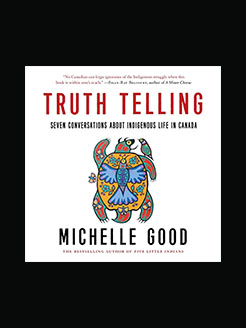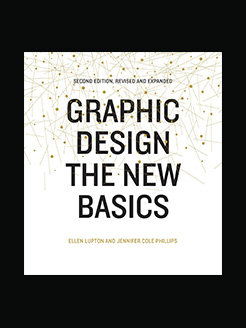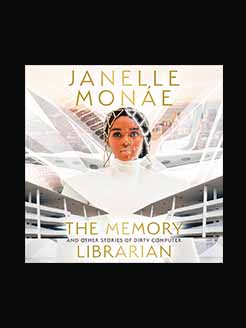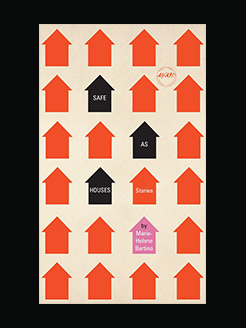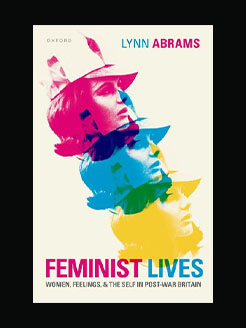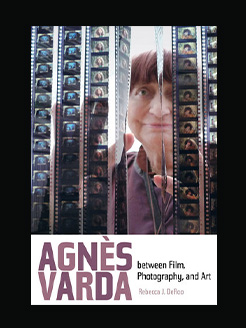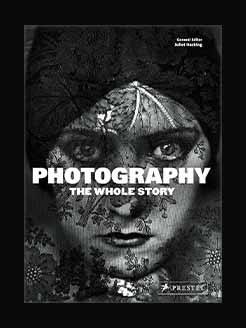Published in 2020 (first published 1980)
96 pages
Audre Lorde is a revolutionary Black feminist. Lorde’s poetry was published very regularly during the 1960s — in Langston Hughes’ 1962 New Negro Poets, USA; in several foreign anthologies; and in black literary magazines. During this time, she was politically active in civil rights, anti-war, and feminist movements. Her first volume of poetry, The First Cities (1968), was published by the Poet’s Press and edited by Diane di Prima, a former classmate and friend from Hunter College High School. Dudley Randall, a poet and critic, asserted in his review of the book that Lorde “does not wave a black flag, but her blackness is there, implicit, in the bone.”
Her second volume, Cables to Rage (1970), which was mainly written during her tenure at Tougaloo College in Mississippi, addressed themes of love, betrayal, childbirth and the complexities of raising children. It is particularly noteworthy for the poem “Martha”, in which Lorde poetically confirms her homosexuality: “[W]e shall love each other here if ever at all.” Later books continued her political aims in lesbian and gay rights, and feminism. In 1980, together with Barbara Smith and Cherríe Moraga, she co-founded Kitchen Table: Women of Color Press, the first U.S. publisher for women of colour. Lorde was State Poet of New York from 1991 to 1992.
What is this book about?
Moving between journal entry, memoir, and exposition, Audre Lorde fuses the personal and political as she reflects on her experience coping with breast cancer and a radical mastectomy.
First published over forty years ago, The Cancer Journals is a startling, powerful account of Audre Lorde’s experience with breast cancer and mastectomy. Long before narratives explored the silences around illness and women’s pain, Lorde questioned the rules of conformity for women’s body images and supported the need to confront physical loss not hidden by prosthesis. Living as a “black, lesbian, mother, warrior, poet,” Lorde heals and re-envisions herself on her own terms and offers her voice, grief, resistance, and courage to those dealing with their own diagnosis. Poetic and profoundly feminist, Lorde’s testament gives visibility and strength to women with cancer to define themselves, and to transform their silence into language and action.

